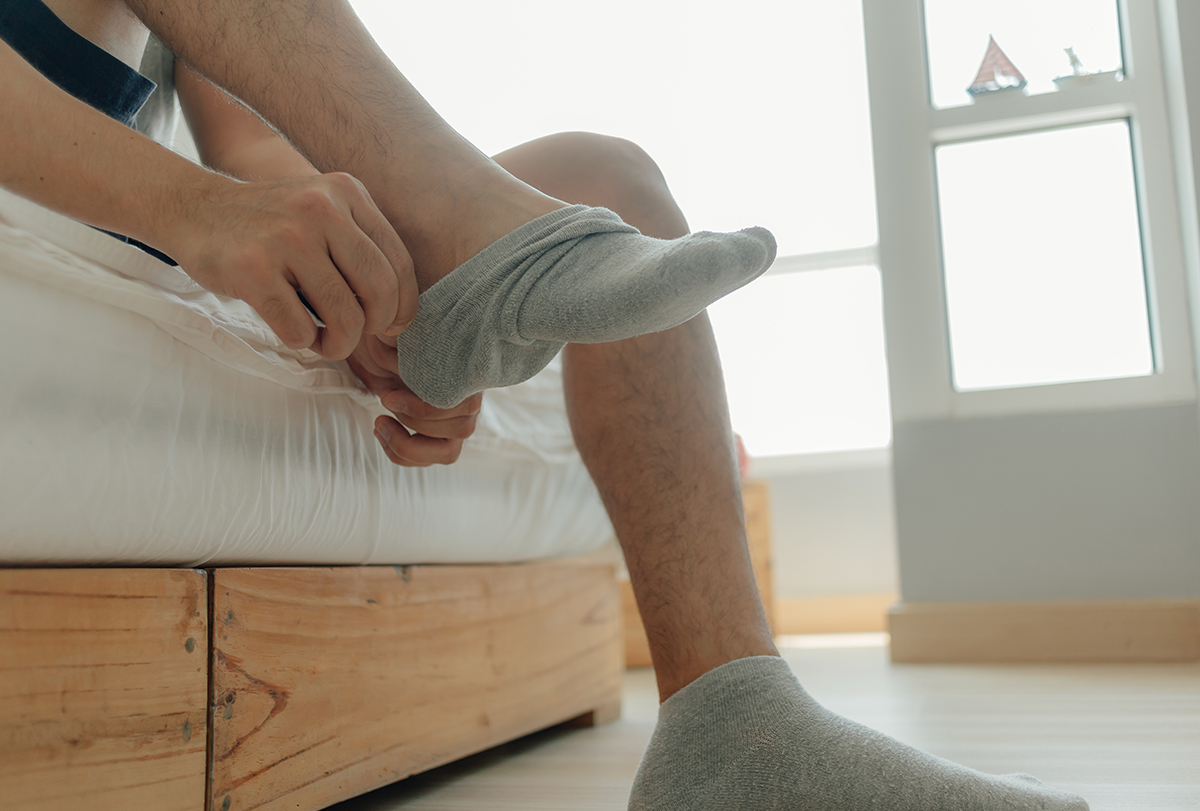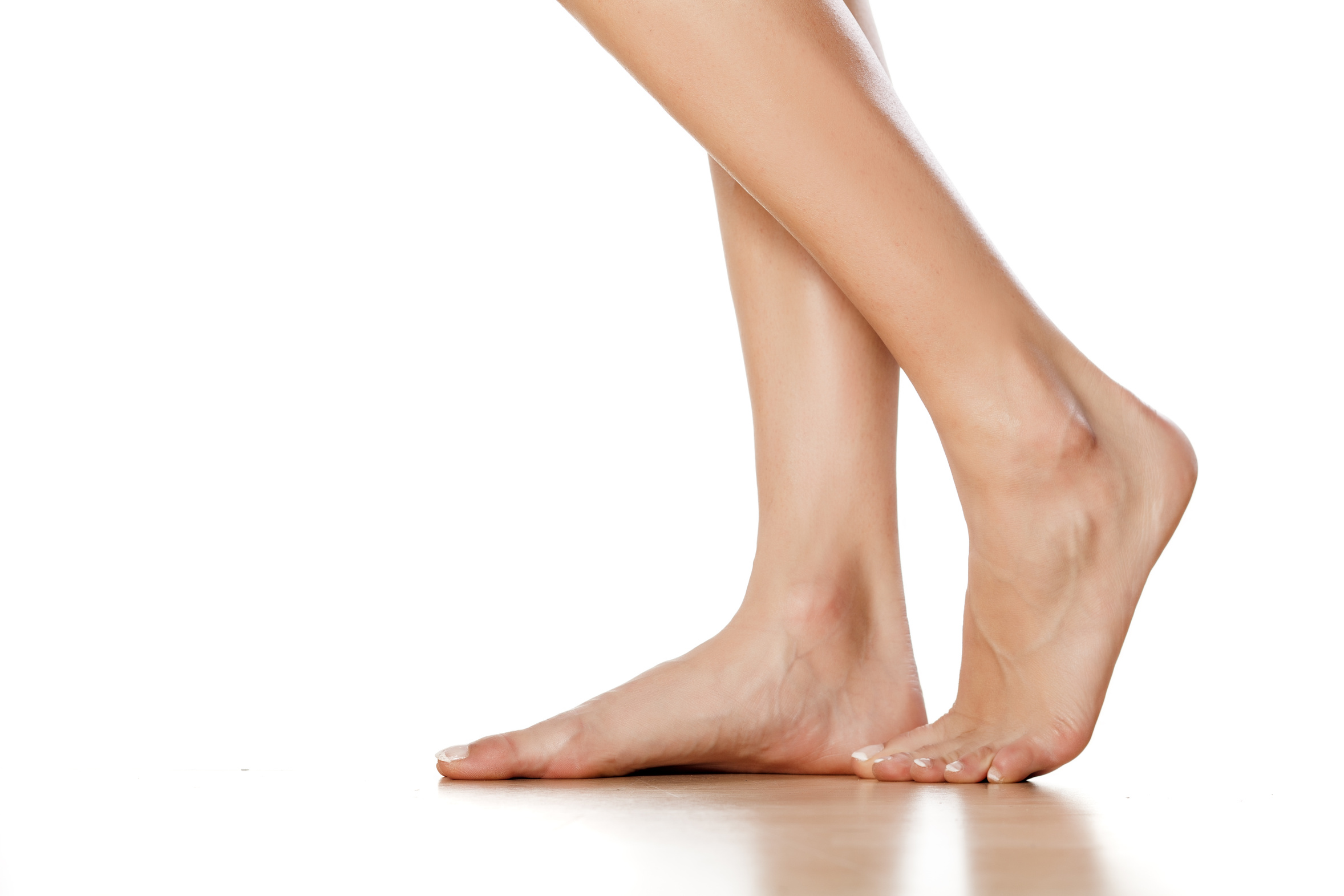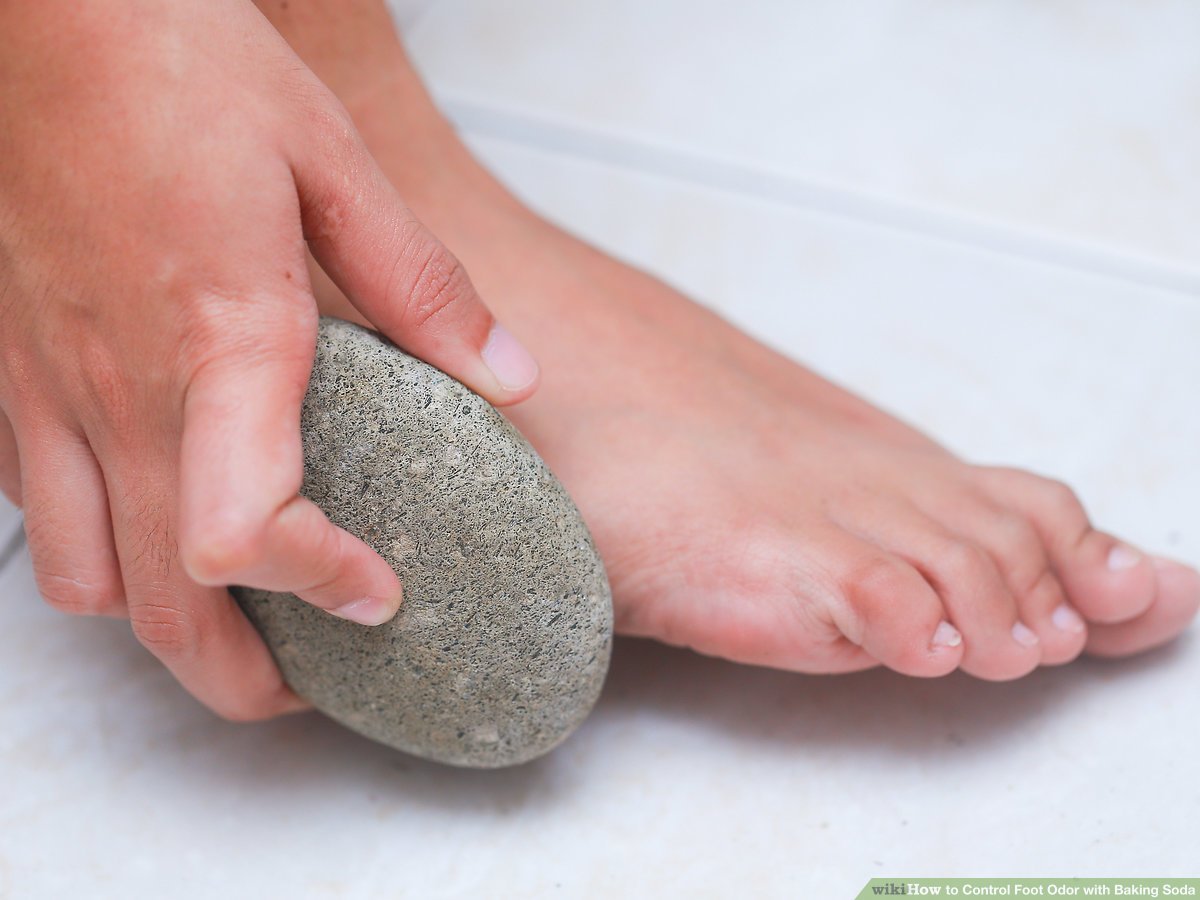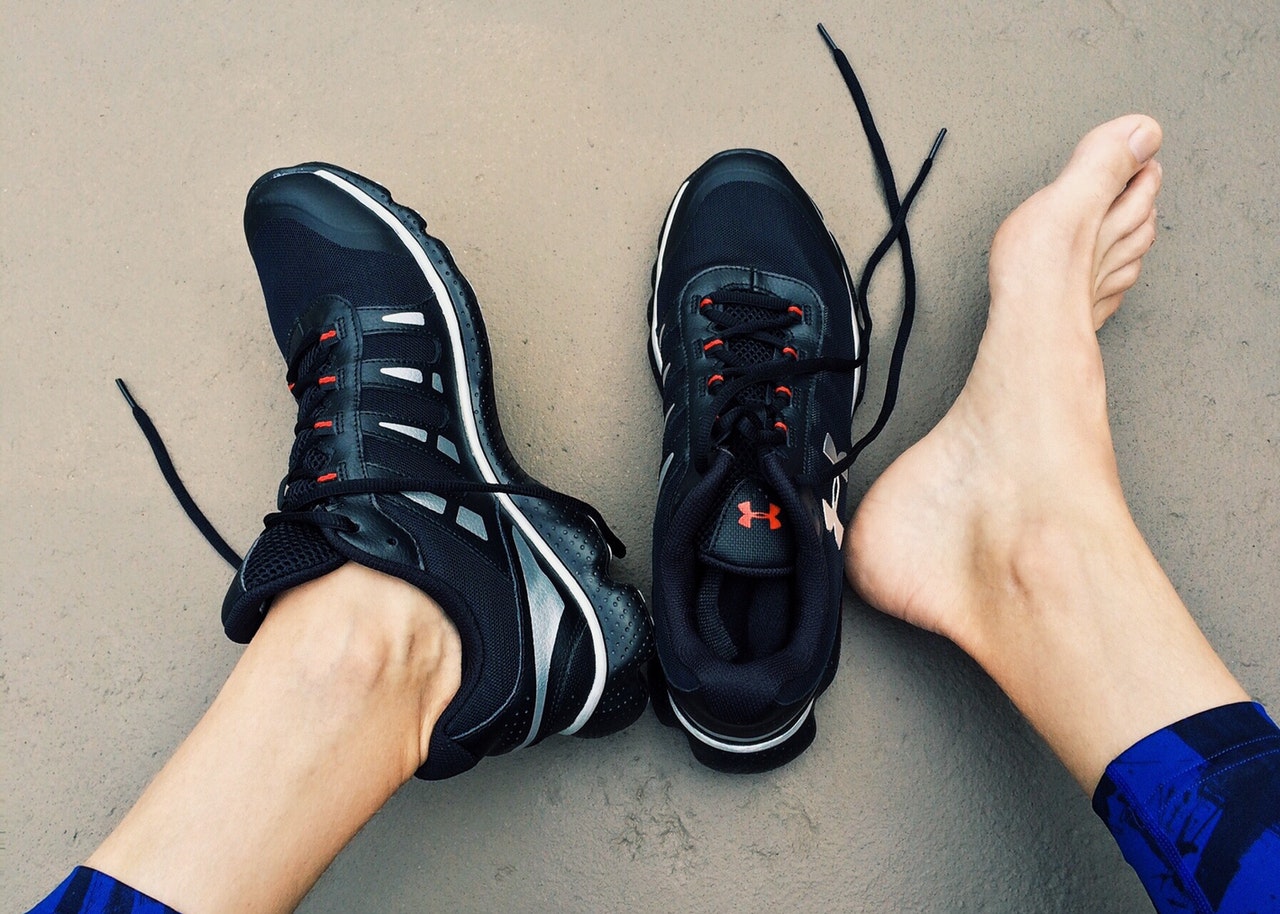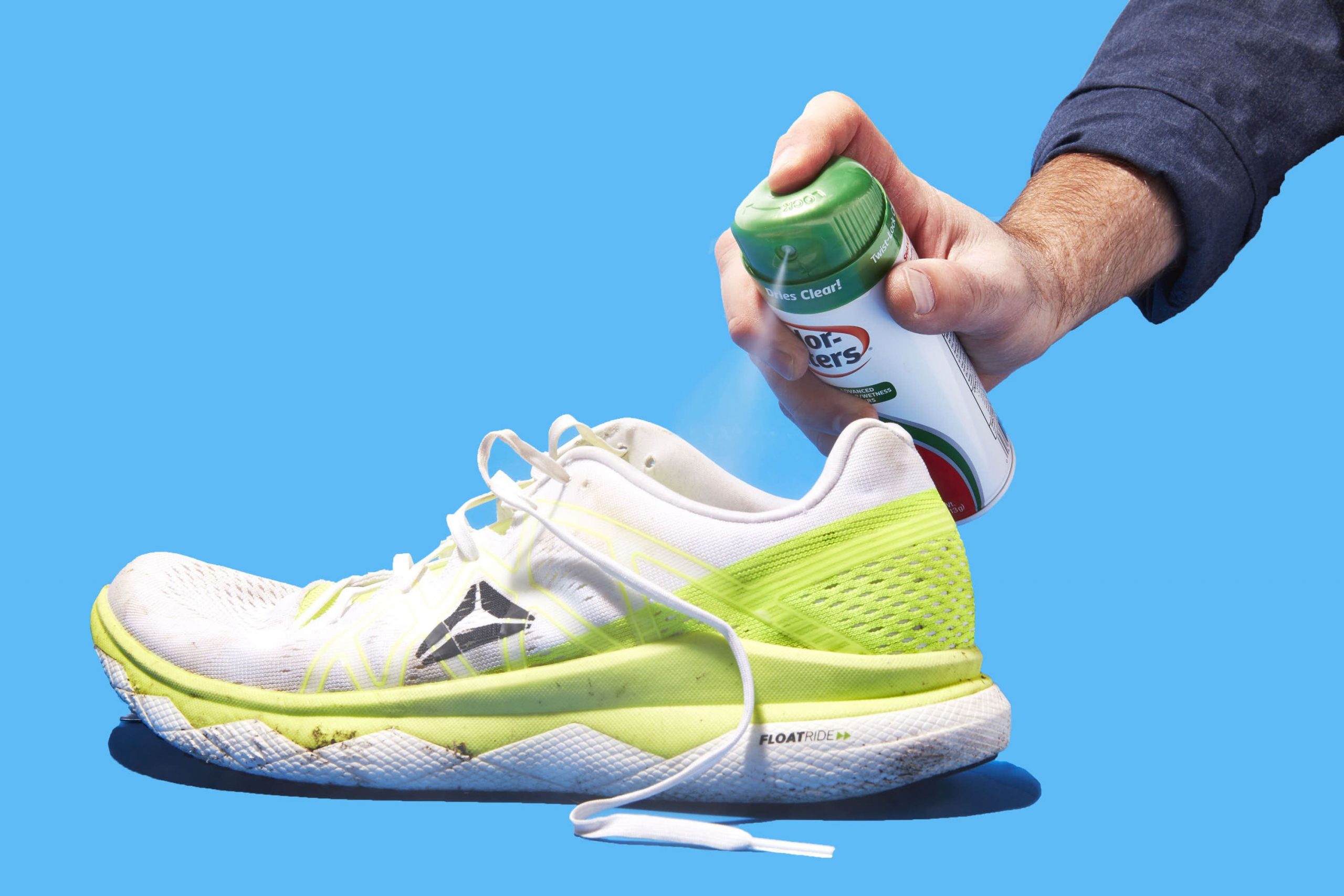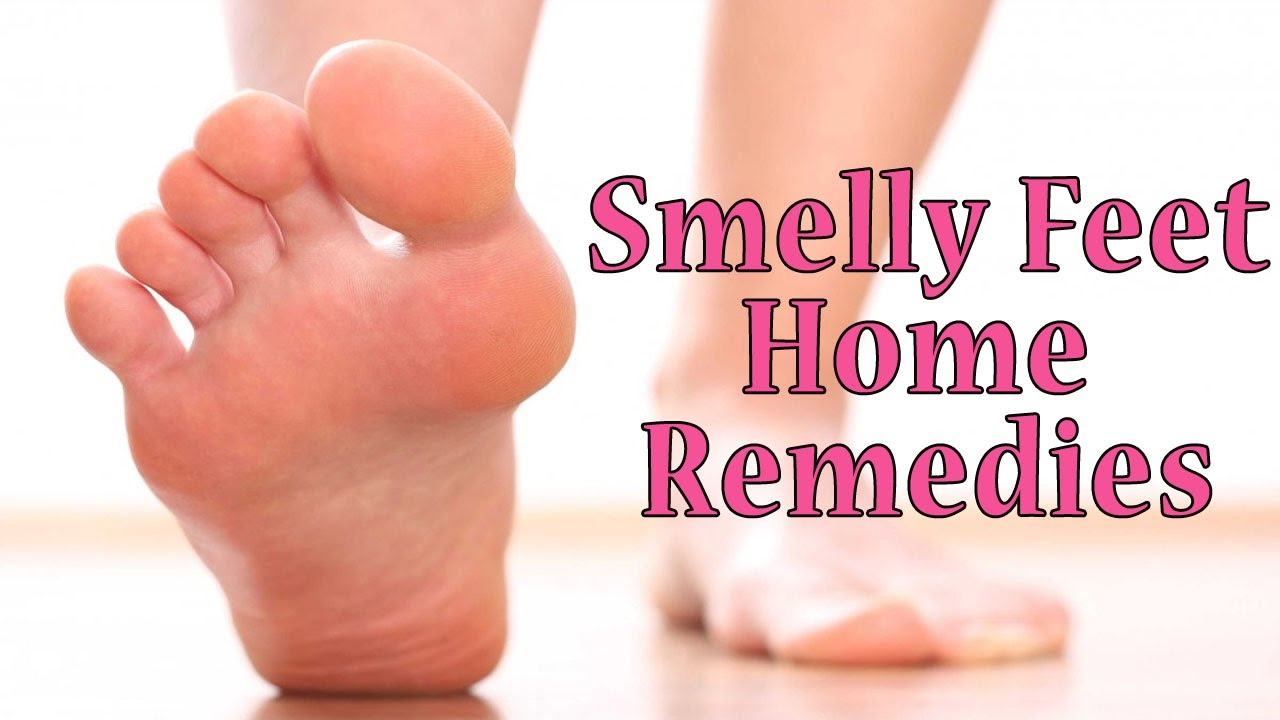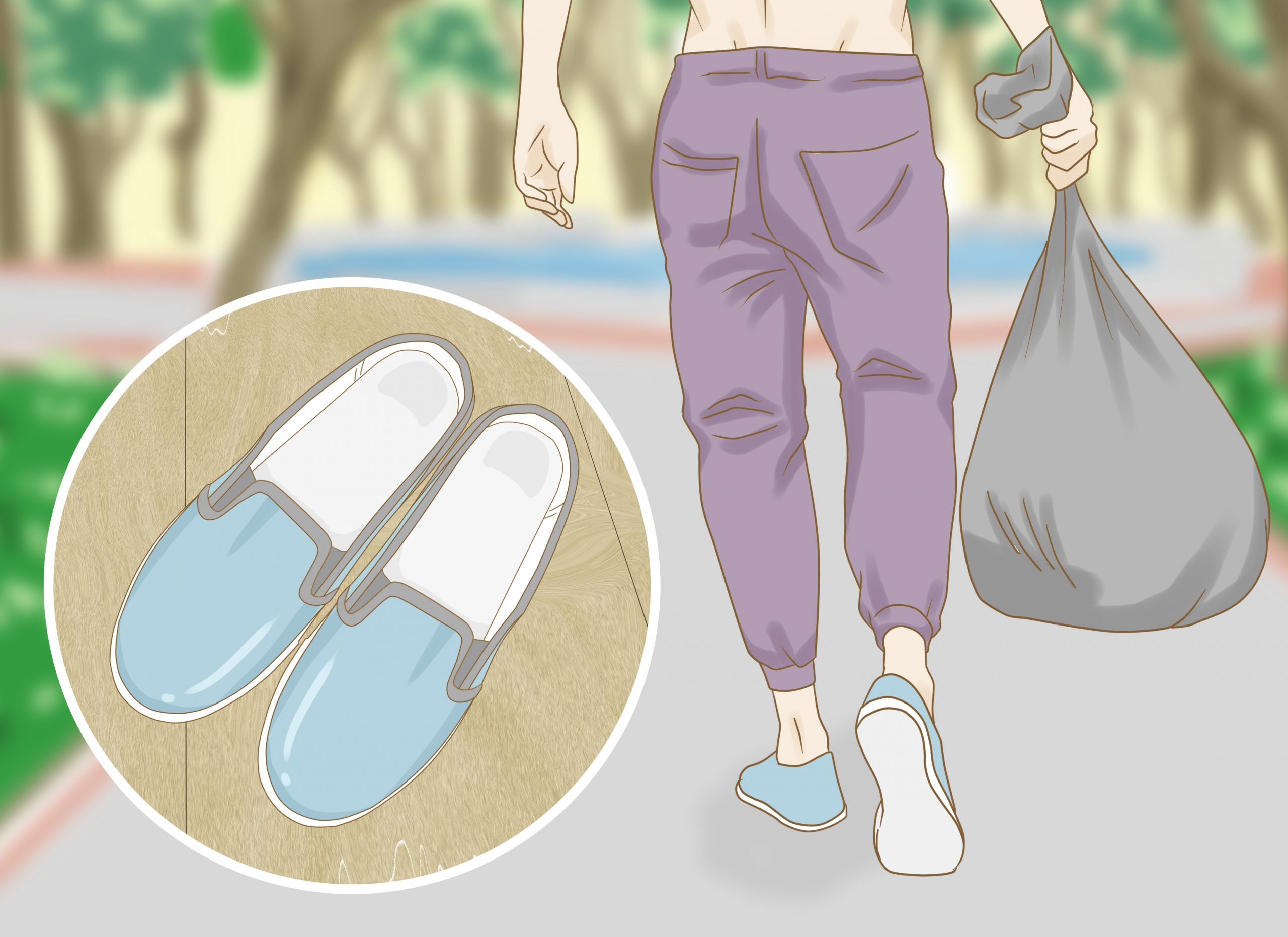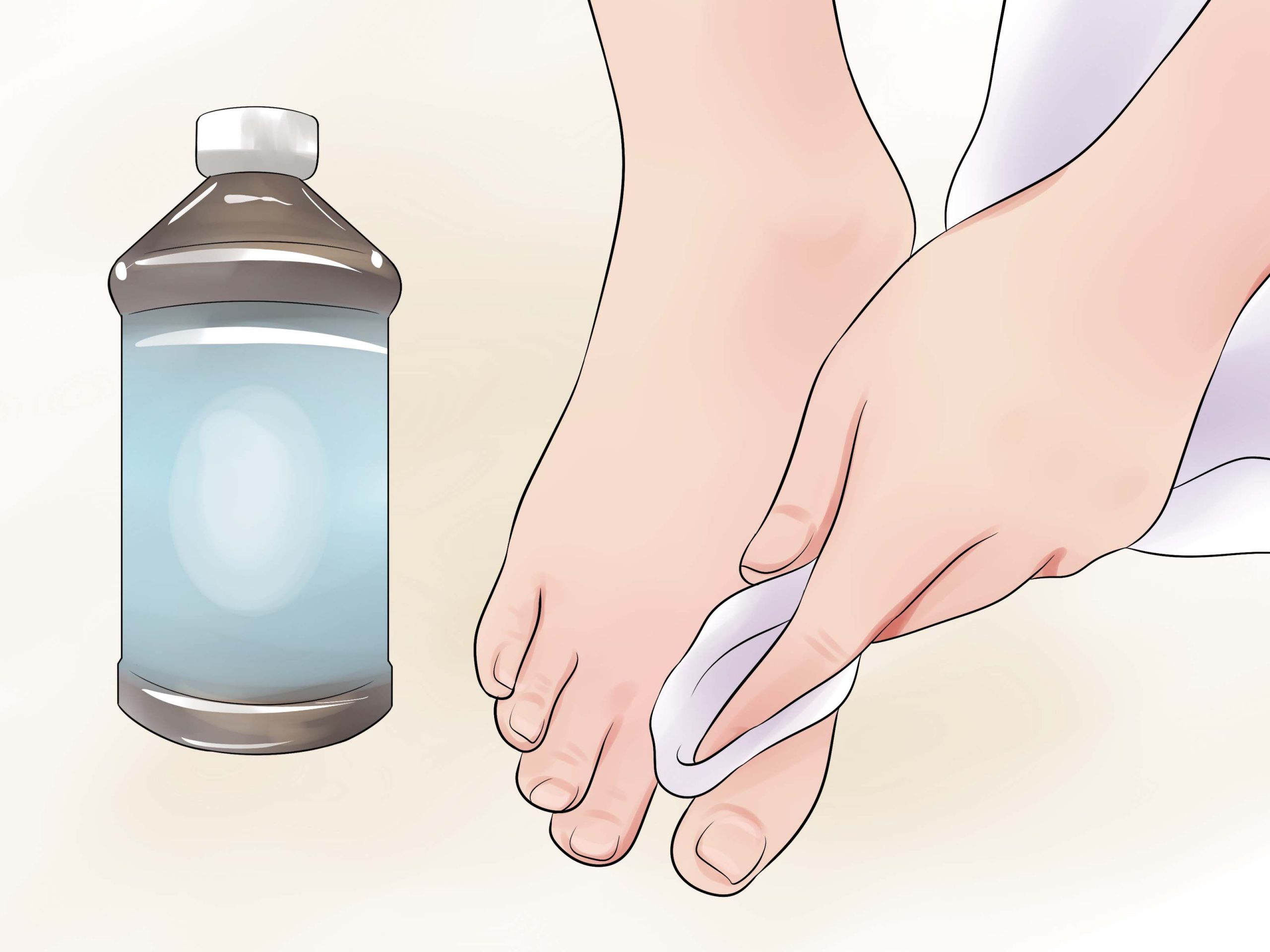A. Foot odour – causes and cures
Foot odor is a common problem caused by excessive sweating and the growth of bacteria on the feet. Even the most demanding people can suffer from foot odor. There are several simple treatments available to solve this problem.
1. Feet are a breeding ground for bacteria
Each foot has 250,000 sweat glands and produces about a cup (500 ml) of sweat a day. Excessive sweating in combination with bacteria can cause an unpleasant odor in the feet. The bacteria that grow on the soles of your feet actually produce gases similar to those released by the bacteria used in making cheese. hence the name “kitsch feet”.
2. Treat foot odor
To reduce bacterial growth and treat the problem, the sweaty heat conditions around the foot must be eliminated.
- The following treatments can be useful, depending on the cause of the problem:
- Mild antiseptic solutions or soaps
- Denatured alcohol applied once or twice a day (especially between the toes) can help dry the skin (do not use if the skin between the toes is broken)
- Avoid synthetic socks and shoes that allow good air circulation and let your feet breathe (leather is good).
- Moisture-absorbing socks can help, or take an extra pair of socks to school or work to get moving.
- Change shoes regularly so they can dry and ventilate.
- In severe cases, antibiotics can be prescribed topical (applied to the skin) or oral (through the mouth) to kill bacteria.
3. Where to get help
- Local podiatrist
- Your doctor
- Community Health Center
4. Things to remember
- Foot odor is a common problem.
- There are many simple treatments available.
B. Why Do My Feet Smell? How to Treat Foot Odor
After a long day at work, school or play, you come home, take off your shoes and socks and are greeted with that unmistakable smell – stinky feet.
It’s a common body odor, but kind of embarrassing, and it can make you wonder, “Why do my feet smell?”
1. Causes of odor in the feet: causes of smelly feet
Your feet, like all of your skin, are covered with sweat glands. If your feet are shod with tight shoes and you walk all day, your feet will sweat. This sweat creates a privileged environment for the growth of bacteria and their metabolic processes give off a certain odor.
In fact, a type of bacteria, Brevibacterium, lives between the toes, grows in a humid and salty environment and creates the odor of cheese on the feet. The same bacteria are used in the manufacture of Munster, Entrammes and Limburger cheeses. Really, your feet don’t smell like cheese, cheese smells like feet.
2. Foot odor causes: sweat socks
The use of socks of any kind reduces foot odor, as it absorbs sweat and prevents it from penetrating the shoes. You can wash socks, but it’s not that easy to wash your shoes. The first step is always to wear socks when wearing closed shoes. (Wearing socks with sandals is neither necessary nor advisable from a purely fashion standpoint.)
“Thicker cotton or newer plastics can better absorb, absorb and evaporate sweat,” said Dr. Kevin M. Wong, Westmoreland Family Medicine-UPMC. “For some people, they may have to change socks during the workday.”
3. Shoes and foot odor: Do your shoes cause a bad smell in your feet?
As a child of the ’80s knows, plastic shoes called “jellies” were shoes with an impressive smell. Although they were sandals, they did not let the air flow, which resulted in very sweaty feet.
Choose shoes for breathability. The new models have mesh pieces that keep the feet cooler and increase airflow.
You can also switch between different pairs of shoes. Using the same pair every day can help bacterial colonies thrive. However, if you let them dry completely, the bacteria will not be able to survive in dry conditions. “Especially winter boots,” said Dr. Wong. These shoes, in particular, have a tendency to stink, so swivel pairs can help kill bacteria.
4. Proper foot hygiene: getting rid of foot odor
Washing your feet daily, paying special attention to the areas around and between the toes, can help reduce bacteria. Rub to remove dead skin and make sure your feet are completely dry before putting them on your socks and shoes. You can then use an antiperspirant (the same as you would use in your armpits) to help reduce sweating on your feet.
Removable insoles can also be used, including those made specifically to reduce foot odor. “Make sure they are changed frequently,” advises Dr. Wong. They are disposable and may have antimicrobial properties to help stop bacteria.
You can also follow the bowling alley and spray your shoes with a disinfectant / deodorant spray. Dr. Wong adds, “Nothing is better than drying it out completely.”
Athlete’s foot, a fungal infection, can also cause an unpleasant odor in the feet, but it can be treated with over-the-counter antifungal creams or sprays designed to treat it.
5. When should you ask your doctor about smelly feet?
After doing your best to get rid of your feet, changing your shoes and socks, washing them every day and still smelling it, it may be time to see a podiatrist or family doctor. They can provide expert guidance for the next level of care.
C. How to Get Rid of Smelly Feet (Bromodosis)
1. What is bromodose?
Bromodose, or stinking feet, is a very common condition. This is due to the accumulation of sweat, which leads to the growth of bacteria on the skin. These bacteria cause bad smells. Fungal infections, such as athlete’s foot, can also cause bromodose.
The good news is that bromodose is easy, fast and inexpensive to treat.
2. Homemade treatments for smelly feet
These tips can help reduce foot odor. The secret is to follow them regularly and carefully.
- Keep your feet clean and tidy
- Use a mild soap and brush to wash your feet at least once a day. The best time to do this is to take a shower in the morning or evening. It is important to dry your feet completely after washing them. Pay special attention to your toes, as bacteria can easily grow when wet.
- Attach your toenails frequently to keep them short and clean them regularly.
- Use a foot file to remove the hard, dead skin from the feet. Hard skin becomes moist and soft when wet, creating a place where bacteria love to live.
- Change your socks at least once a day. If you are in a hot environment, exercising or in any other situation where your feet may sweat, change your socks more often.
- Wear two pairs of shoes that take turns every two days. This allows each pair to dry completely from sweat or moisture for an entire day before using them again. You can remove your shoe insoles so they can dry again.
- Wet shoes allow bacteria to grow faster on your feet.
- Choose socks that absorb moisture instead of holding it to your feet. This includes thick, soft socks made from natural fibers or sports socks.
- Wear open sandals in warm climates and walk barefoot inside if necessary to keep your feet dry.
- Avoid tight shoes that can retain moisture.
- Use a cotton ball to put a small amount of alcohol on your feet every night. This will help to dry your feet. Avoid applying it to cracks in the skin.
- Apply an antifungal foot spray or a medicated foot powder once a day.
- Place medical deodorant insoles on the shoes.
- If you need to reduce foot odor quickly, it is safe to use antiperspirant or spray deodorant on your feet.
- Try different types of antifungal and antibacterial soaps until you find one that works best for you.
- Make your own sauce with Listerine or vinegar.
3. Take care of your socks and shoes
a. Use these foot products
Home treatments usually work well in reducing or eliminating foot odor. However, if home treatments do not help to alleviate bromodose, or if you are concerned about sweating and intense smells, consult your doctor. You can prescribe antiperspirants and soaps for stronger feet and give advice on medical treatments for excessive sweating (hyperhidrosis).
4. What causes stinky feet?
- Your feet produce a lot of sweat. You have more sweat glands than any other part of the body. These glands exhale sweat during the day to cool the body and keep the skin hydrated.
- All feet sweat, but teenagers and pregnant women are more likely to have very sweaty feet because their bodies produce hormones that make them sweat more. People who work all day standing, suffer from a lot of stress or have a disease that makes them sweat more than others, tend to have more sweaty feet.
- Of course, there are some bacteria on the feet. These bacteria help to break the sweat on your feet when it is released. When bacteria and sweat build up, a bad odor can develop. Extra bacteria tend to accumulate if a person sweats on his shoes, takes them off and puts them on again without drying them out completely.
- Poor hygiene can also contribute to the cause of bromodose. If you rarely wash your feet or change your socks at least once a day, extra bacteria can grow on your feet. This can make the foot worse.
Although it is a common condition, bromodose can make you feel confident. The good news is that it is very easy to deal with bromodose. With daily attention, you should be able to reduce or eliminate foot odor within a week.
D. Ten ways to get rid of smelly feet
We offer products that we believe are useful for our readers. If you buy through the links on this page, we can earn a small commission. Here is our process.
The feet can take a person from point A to point B, but they are subject to pain along the way.
Although most people have a case of smelly feet every now and then, some people are afraid to take their shoes off.
The medical term for smelly feet is bromodose. The good news is that there are many treatments available to reduce the incidence of the disease.
1. Quick facts about smelly feet
Here are some key points about smelly feet. For more details and supporting information, see the main article.
- Most causes of stinking feet are caused by bacteria and moisture.
- Smelly feet are generally not a medical problem, but they can affect a person’s relationship with other people and cause self-esteem.
- Human beings have bacteria that live naturally on the feet.
- When bacteria get rid of the debris created by the decomposition of oils and dead skin cells, unpleasant odors can appear.
2. Shoe Tips
Socks and shoes can cause your feet to sweat, which can make your smelly feet worse. There are several steps that a person can take to reduce the incidence of smelly feet related to shoes:
a. Socks
Wearing socks all the time can help with smelly feet. Socks, especially those made of sweat-absorbing materials, can absorb sweat and reduce odors.
They can also be changed easily, reducing odors that could remain in a person’s shoes.
b. Shoes
Breathable shoes can help reduce the occurrence of sweat and moisture. People can look for shoes with mesh panels that allow for breathability.
Plastic shoes (like “jellies”) almost always contribute to smelly feet because they don’t breathe and make your feet sweat.
c. Changing shoes and socks
Allowing shoes to dry completely between use can help to reduce particularly stinky feet.
Wearing a pair of shoes one day and another the next day can give the shoes enough time to dry.
A person may also want to have an extra pair of socks on hand to wear during the day. This can help to reduce sweating and odor.
d. Replace the insoles
A person can also exchange shoe insoles for anti-odor or antibacterial insoles.
Another option is to buy an antibacterial spray or disinfectant to use on the insoles. However, this option is generally not as effective as drying your shoe insoles completely.
3. Home remedy
Excellent foot hygiene is a key factor in the treatment and prevention of stinky feet. This includes daily foot washing with antibacterial soap, paying special attention to the areas between the toes.
Other household remedies include:
a. Exfoliation of the feet.
The use of an exfoliator or exfoliating pumice stone can help remove dead skin cells that bacteria like to eat.
A person with particularly stinky feet should use a pumice stone 2-3 times a week to avoid accumulation. You can buy pumice on the Internet.
b. Salt bath
Salt baths can be useful as part of an exfoliation routine or just for yourself.
Prepare a bowl or hot tub of water and dissolve half a cup of Epsom salt in it. Soak the feet for 10-20 minutes and then dry them completely.
c. Soak with vinegar
Add 2 parts hot water and 1 part vinegar (apple cider vinegar or white vinegar are both suitable) to a vat and soak the feet for 15-20 minutes.
However, a vinegar bath should not be used if you have cuts, sores or scratches, as vinegar can irritate open areas of the skin.
d. Antiperspirant
Another remedy is to use an antiperspirant on the feet. Although traditionally used for the armpits, the use of antiperspirant on the feet can reduce the frequency of perspiration.
If necessary, a doctor may write a prescription for stronger antiperspirants that are appropriate for the feet. Another option is to use corn starch, which is very absorbent.
4. Medical Treatments
Sometimes, despite his best efforts, he is unable to get rid of the strong odor on his feet. If this is the case, you may want to consult a doctor about your stinking feet.
a. Iontophoresis
One treatment option is a procedure called iontophoresis. In this procedure, a weak electrical current is passed through the water over the skin to reduce the appearance of sweaty feet.
b. Botox
Another option that is used in some cases is the injection of botulinum toxin or Botox. This medicine is injected into the feet through what is known as a plantar injection.
However, these injections can be particularly painful. The results usually last between 3 and 4 months, and further treatments are needed.
5. Prospects
- According to the Institute for Preventive Foot Health, it is estimated that 16 percent of adults aged 21 and over have a problem with foot odor.
- However, if a person suddenly experiences a new occurrence of stinky feet, they should check their feet for signs of wounds or cuts that may be infected.
- A person can put a mirror on the floor and examine the bottom of their feet for abnormalities. If your feet show signs of sores, a person should consult their doctor. If they do not, they may try over-the-counter and in-home measures to reduce the occurrence of stinky feet.
If stinky feet and excessive perspiration cannot be controlled with home remedies, prescription treatments are available. A person should not suffer or feel insecure because of their stinky feet.

